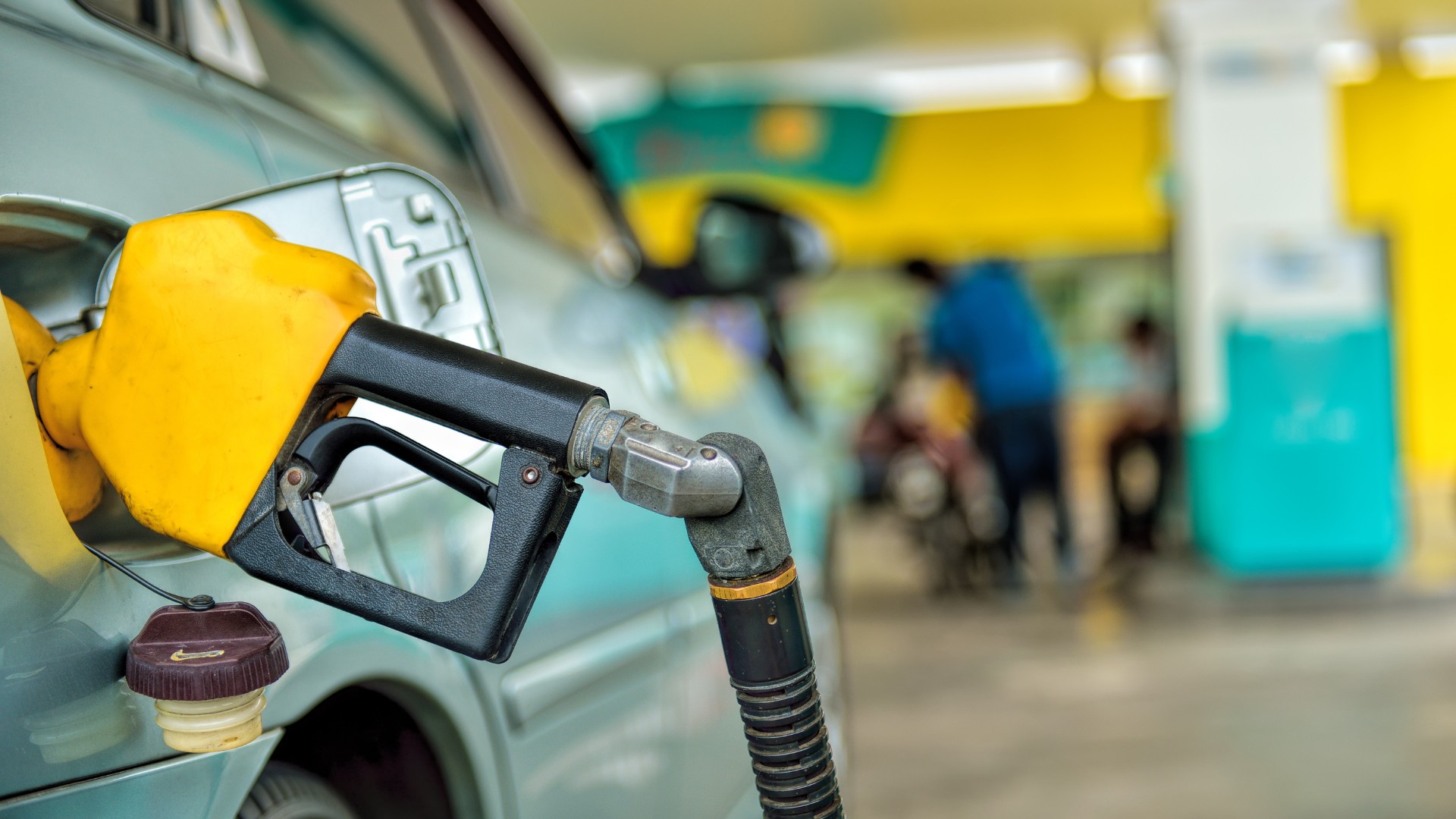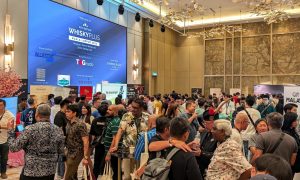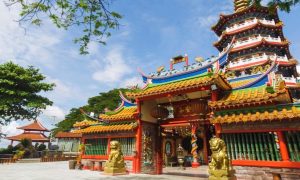The World Bank has challenged the Malaysian government’s projected RM2.5 billion annual savings from its new petrol subsidy scheme, calling for greater transparency and cautioning that foreigner consumption is unlikely to deliver such large gains.
The Malaysian government is facing fresh scrutiny over its headline claim that the new Budi95 petrol subsidy scheme will save RM2.5 billion annually. The World Bank has urged officials to reveal the underlying assumptions behind that figure and questioned whether the exclusion of non-citizens could truly produce such sweeping savings. The World Bank comments were recently published by The Edge.
Dr Apurva Sanghi, the World Bank’s lead economist for Malaysia, told participants at the post-Budget 2026 debate hosted by the Malaysian Economic Association that the projected savings appear overly reliant on non-citizens and high-income Malaysians paying full market rates. He challenged how many foreigners or Malaysians routinely consume more than the 300-litre monthly quota. “The claimed savings of RM2.5 billion would depend heavily on foreigners like me paying full price — and on T20 Malaysians or others exceeding the 300-litre quota. But how many foreigners or Malaysians actually do that? Even the T1 don’t exceed 300 litres on average,” he said.
He added that the Ministry of Finance (MOF) should publish the calculations behind the estimate. While he praised the government for finally moving on subsidy reform, he cautioned against reliance on narrow assumptions.
Under Budi95, Malaysians aged 16 and above with a valid driving licence are eligible to purchase up to 300 litres of RON95 petrol per month at RM1.99 per litre, by verifying their identity via MyKad at pumps, counters, or associated mobile apps. Foreign nationals are excluded and required to pay the unsubsidized price of RM2.60 per litre.
Before Budi95, MOF says Malaysia spent around RM8 billion yearly on RON95 subsidies. The reform is pitched to reduce that cost by RM2.5 to RM4 billion, contingent on global crude prices. The government argues this shift will curb misuse and smuggling.
Sanghi noted that while a quota system may be a reasonable first step, clarity on its role within a longer path away from blanket subsidies is still missing. “If this is part of a larger roadmap to tighten the quota or phase out the T20 group, that’s fine. But then make it public. Surprises are great in K-dramas, not in policy reforms,” he said. He observed tension between the government’s green ambitions and continued incentives for private fuel use.
He also pointed to Malaysia’s past diesel subsidy reform, where price liberalization helped reduce smuggling and consumption distortions. “The diesel reform worked because prices were floated. That lesson seems not to have been applied to RON95,” Sanghi observed. Internationally, he said the most credible approach combines price liberalization with carefully targeted cash transfers — the “textbook fix” in subsidy reform.
In response, Treasury Secretary-General Datuk Johan Mahmood Merican defended the government’s priorities, saying they must first stop fuel theft and cross-border smuggling before integrating more refined subsidy limits. He cited MOF analysis that some 78% of Malaysia’s ~18 billion litres of RON95 consumption is attributable to households, with the remainder used by businesses or lost through leakage.
Johan argued Malaysia’s diesel reform success offers a template: once subsidies were removed, diesel station sales collapsed while regulated commercial purchases replaced them. He also stressed the psychological effect of visible discounts at the pump over cash handouts. “When people receive cash transfers, they often perceive it as a bonus and then curse the government for higher prices. At least now, they can see the full market price on the pump and the actual subsidized amount they’re paying,” he said.
He affirmed that government parameters — the 300-litre cap, price thresholds, and subsidy per litre — remain open to adjustment as Budi95 data flows in. But he defended the decision to act now: “If we didn’t do anything, we’d spend another year debating. At least now, we’ve achieved some traction.”
Critics argue that foreigners have never accounted for a large portion of subsidized petrol use, so exclusion alone is unlikely to produce dramatic savings. While some non-citizens did benefit under the old system, most use public transport or do not fill up domestic vehicles frequently. In public discussions, estimates of the savings derived from excluding foreigners often lack grounding in actual consumption data.
Compounding this, economists point out that many higher-income Malaysians may not exceed 300 litres either — especially in urban areas where driving distances are modest. In other words, removing foreign users from subsidy eligible lists may shift only a fraction of the total load.
That is why many in the economic community continue to call for full disclosure of the MOF’s modelling, including assumptions on usage by foreigners, T20 households, and corporate users. Without these, the RM2.5 billion figure remains an optimistic headline more than a tested forecast.
In practice, the real savings might come not from foreign exclusion, but from reduced leakages, better enforcement, and plugging smuggling routes. But those are harder to measure and manage. As Budi95 rolls out, early monitoring will be critical to establishing credibility in the government’s claims.
Malaysia’s experience with diesel reform suggests the long game lies in combining pricing realism with social protection. If Budi95 is to become more than a short-term fix, authorities would do well to pair the quota system with transparent data, refined targeting, and gradual liberalization. Otherwise, the promised RM2.5 billion may rest on wishful thinking rather than fuelled evidence.



















